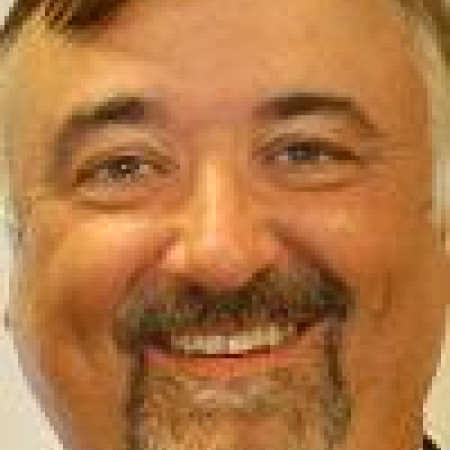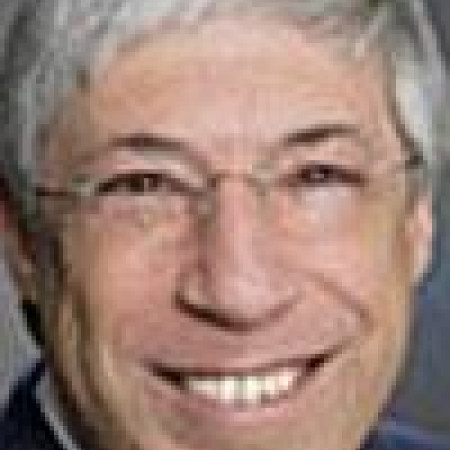Robert Searle - Can Nonprofits Get More Bang for the Buck?
If you haven't bought a flat-screen TV yet, chances are you're waiting for the prices to drop. Technologies get cheaper by virtue of the "experience curve," a phenomenon where, as companies get better at what they do, costs become lower. In this Stanford Social Innovation Review sponsored audio lecture, Robert Searle argues that nonprofits also can have experience curves, achieving a greater volume of outcomes for the same cost. He discusses the types of outcome metrics on which nonprofits should focus.
















